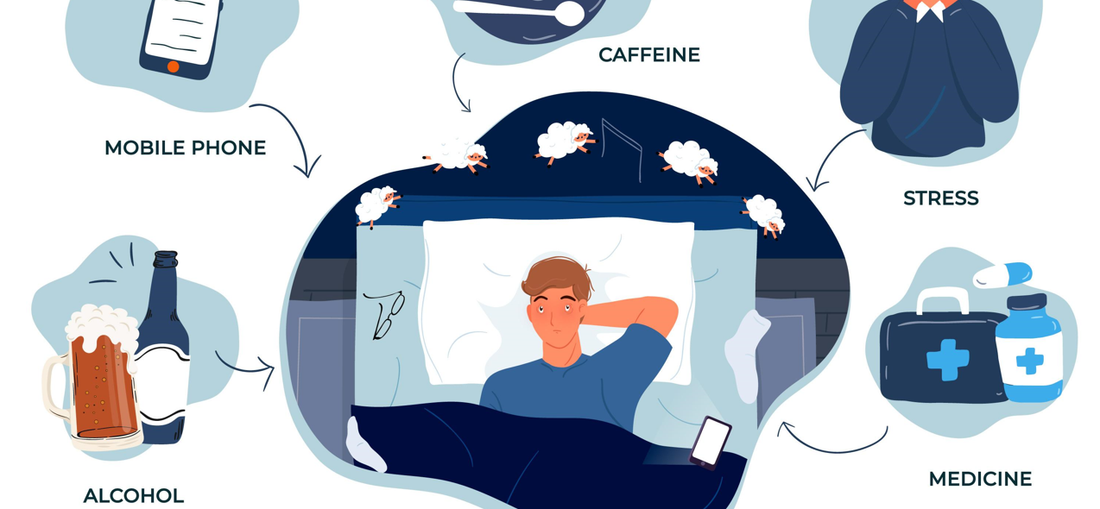Sleep is a vital component of health, with disruptions in sleep quality and quantity linked to various cardiovascular conditions. Understanding the mechanisms underlying this relationship is crucial for effective prevention and management strategies.
Effects of Sleep Disorders on Cardiovascular Health:
-
Hypertension:
-
Sleep disorders, such as obstructive sleep apnea (OSA), are strongly associated with hypertension, a major risk factor for heart disease and stroke.
-
The repetitive episodes of breathing cessation during sleep lead to intermittent hypoxia and increased sympathetic activity, contributing to elevated blood pressure levels.
-
-
Heart Disease:
-
Chronic sleep deprivation and poor sleep quality have been implicated in the development of heart disease, including coronary artery disease, arrhythmias, and heart failure.
-
Sleep disturbances can disrupt autonomic function, impair endothelial function, and promote inflammation, all of which contribute to cardiovascular pathology.
-
-
Stroke:
-
Sleep disorders, particularly OSA, are independent risk factors for stroke, with evidence suggesting a bidirectional relationship between sleep apnea and cerebrovascular events.
-
The intermittent hypoxia and sleep fragmentation associated with OSA contribute to endothelial dysfunction, oxidative stress, and a prothrombotic state, increasing the risk of stroke.
-
Management of Sleep Disorders for Cardiovascular Health:
-
Continuous Positive Airway Pressure (CPAP) Therapy:
-
CPAP therapy is the gold standard treatment for OSA, effectively reducing apnea-hypopnea episodes, improving oxygenation, and lowering blood pressure levels.
-
Adherence to CPAP therapy has been associated with reduced cardiovascular morbidity and mortality in patients with OSA.
-
-
Lifestyle Interventions:
-
Lifestyle modifications, including weight loss, regular exercise, and avoidance of alcohol and sedatives before bedtime, can improve sleep quality and mitigate cardiovascular risk factors.
-
Behavioral therapies, such as cognitive-behavioral therapy for insomnia (CBT-I), offer effective non-pharmacological approaches to managing sleep disorders.
-
The relationship between sleep disorders and cardiovascular health is complex and bidirectional, with each influencing the other in a dynamic interplay. Recognizing the impact of sleep disturbances on cardiovascular outcomes underscores the importance of comprehensive management strategies that address both sleep quality and cardiovascular risk factors.
Related Articles:




